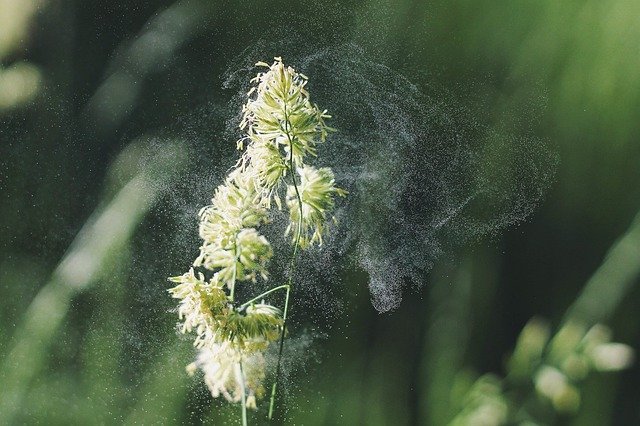
The cleanliness of your home is intricately linked to your whole person health and happiness, with recent research by German and Swiss scientists showing that there is a positive association between anxiety and seasonal allergies, and between depression and perennial allergies. The exact reasons are unknown, but it makes sense that a condition that can cause a wide array of symptoms – everything from headaches to respiratory difficulty – and can wrest from the state of wholeness and balance, preventing you from being your most motivated self. If there are allergens in your home, how can you eliminate them while keeping the air quality in an optimal state?
Common Allergens In The Home
Some of the most common allergens in American homes include dust, pet dander, and (if you live in a humid area) mold. Signs that you may be allergic to these substances include sneezing, having itchy/watery eyes/nose/roof of mouth, coughing, facial pain and congestion. If you have asthma and you are allergic to dust mites, mold or other microscopic allergens, you could have difficulty sleeping and experience wheezing and breathing problems when you develop a common cold or flu.
There Is Hope For People With Allergies
Another study by M Nanda et al also indicated that children with allergies are more likely to have anxiety and depression. Those with hayfever, in particular, have three times the risk of having these mental conditions as those without allergies. Boston University academic Sandro Galea, meanwhile, states, “There is good circumstantial evidence that’s growing that a number of mental illnesses are associated with immune dysfunction.” The good news is that treatment (which sometimes involves antihistamines) can reduce anxiety and depression, by reducing the symptoms that can lead to frustration and stress. Sometimes, even small design changes can make a big difference. Testing and diagnosis are the two first steps to take before defining your personal anti-allergy strategy.
Allergy Testing Is Key
Those with persistent symptoms of allergies should be tested for allergies so they can take specific steps to lower their exposure. The usual test for common allergies like dust and pollen allergies involve prick/scratch testing, in which the doctor places a small drop of the potentially offending item on your skin. If the area becomes red and itchy within a few minutes, then it is indicative of an allergy. Often, symptoms can reduced by making a few key changes in the home – including steam vacuuming regularly and the utilization of a HEPA filter – capable of trapping dirt as small as 0.3 microns.
Testing For Mold Allergies
If mold is the suspected culprit, the doctor may recommend either a skin test or IgE blood test. If you live in a humid area, it is vital to test for the presence of spores, since they can be present in areas such as basements and other humid areas, without being visible. Mold can hide in pipes, sinks and broken HVAC systems. If you are allergic to mold, professional testing and cleaning to eliminate spores is important. The use of anti-microbial sprays, a HEPA vacuum and air scrubbers are just a few solutions you can look into.
Studies in both children and adults have shown that allergies are linked to anxiety and depression. If you or your child have symptoms such as watering eyes or an itchy throat, testing and receiving a diagnosis are vital. Sometimes, symptoms can be reduced through simple changes in the home. For others, antihistamines and/or other treatments can stop allergies from interfering with your whole health and quality of life.
Author Credit: Allie Oliver
You may also be interested in these articles:
- NIWH Health Detective Program
- How To Detoxify Your Environment
- What is a Health Coach? Tips For Getting Certified

 A standout amongst the most important aspects of tending to any medical problem is to comprehend the circumstances and end results of how and why you are encountering your side effects, and what they represent. Seasonal Allergies are, for some, the drawback to the magnificence of spring and summer. Itchy, runny eyes and nose, sniffling, coughing, and wheezing can direct a person’s actions, where they can go, and even what they can eat. A
A standout amongst the most important aspects of tending to any medical problem is to comprehend the circumstances and end results of how and why you are encountering your side effects, and what they represent. Seasonal Allergies are, for some, the drawback to the magnificence of spring and summer. Itchy, runny eyes and nose, sniffling, coughing, and wheezing can direct a person’s actions, where they can go, and even what they can eat. A 